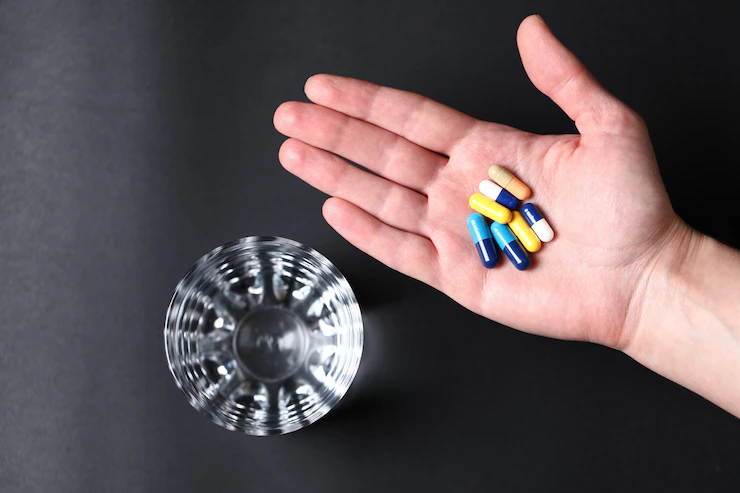Sexually transmitted infections (STIs) are a global public health concern, affecting millions of individuals each year. The treatment of STIs often involves the use of antibiotics to clear the infection and prevent complications. However, the emergence of antibiotic resistance has become a significant challenge in the field of STI treatment. In this article, we will explore the impact of antibiotic resistance on STI treatment, understand its causes, and discuss strategies to address this growing problem.
- Understanding Antibiotic Resistance: Antibiotic resistance occurs when bacteria adapt and develop mechanisms to withstand the effects of antibiotics. This means that the medications that were once effective in treating bacterial infections, including STIs, become less or entirely ineffective. The misuse or overuse of antibiotics is one of the primary drivers of antibiotic resistance.
- Antibiotic-Resistant STIs: Several STIs have shown increasing rates of antibiotic resistance, including:a. Gonorrhea: Gonorrhea has become increasingly resistant to various antibiotics, making it more difficult to treat. In some cases, multidrug-resistant gonorrhea strains have emerged, limiting treatment options.b. Syphilis: While syphilis remains treatable with penicillin, there have been reports of cases with decreased sensitivity to the standard recommended treatment.c. Chlamydia: While chlamydia is still largely treatable with antibiotics, there have been some isolated reports of antibiotic-resistant strains.
- Impact on Treatment: Antibiotic resistance poses significant challenges in the treatment of STIs. It can lead to prolonged or recurrent infections, increased risk of complications, and the need for more expensive and less accessible treatment options. In some cases, individuals may require multiple courses of antibiotics or more potent medications, resulting in increased healthcare costs and potential side effects.
- Prevention Strategies: To address the challenge of antibiotic resistance in STI treatment, it is important to focus on prevention:a. Safe Sexual Practices: Practicing safe sex by consistently using barrier methods such as condoms can reduce the risk of STI transmission and the need for antibiotic treatment.b. Regular Testing: Regular STI testing helps detect infections early, allowing for prompt treatment with appropriate antibiotics. This can help prevent the spread of infections and reduce the likelihood of antibiotic resistance.c. Proper Antibiotic Use: It is crucial to use antibiotics responsibly and only when necessary. Follow healthcare providers’ instructions carefully, complete the full course of prescribed antibiotics, and never share or use leftover antibiotics.d. Prevention of STI Co-infections: Co-infections, such as HIV and other STIs, can weaken the immune system and increase the risk of antibiotic-resistant infections. Preventing and managing co-infections through education, testing, and appropriate treatment can help reduce the burden of antibiotic resistance.
- Research and Development: Investment in research and development of new antibiotics and alternative treatment options for STIs is essential. Continued efforts are needed to explore novel therapies, including combination therapies and non-antibiotic treatments, to combat antibiotic-resistant STIs effectively.
- Public Health Initiatives: Public health initiatives should focus on raising awareness about antibiotic resistance and promoting responsible antibiotic use. Educating healthcare providers, individuals, and communities about the importance of appropriate antibiotic use, regular testing, and prevention strategies can help combat the spread of antibiotic-resistant STIs.
In conclusion, antibiotic resistance poses a significant challenge to the treatment of STIs. It is crucial to adopt preventive strategies, practice safe sex, promote responsible antibiotic use, and invest in research and public health initiatives. By addressing the issue of antibiotic resistance, we can safeguard the effectiveness of STI treatment and protect the health of individuals globally.










